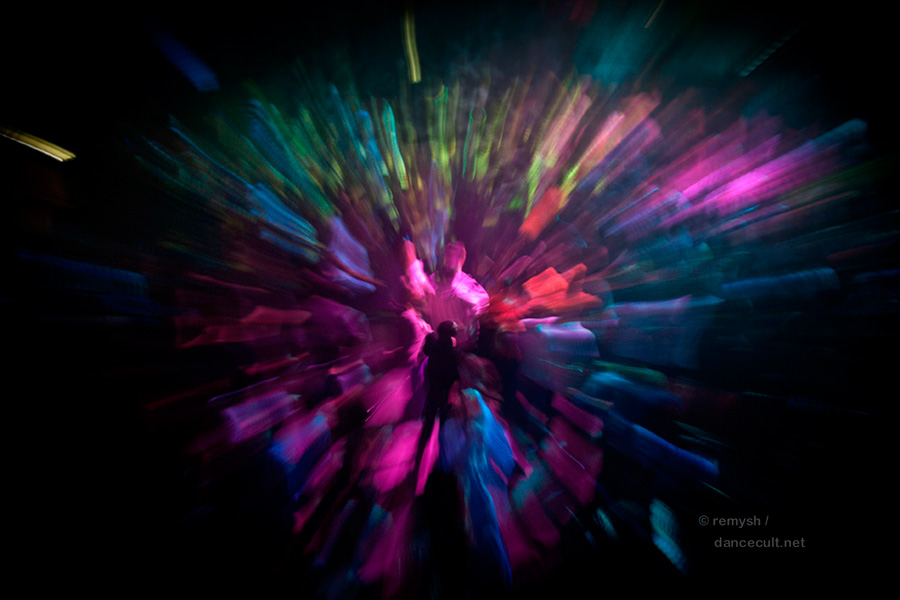

Dancecult Research Network (DRN) is an interdisciplinary network of academics, scholars and students researching all aspects of electronic music and dance culture (EMDC). The DRN acknowledges that, from proto-disco through what is today labelled "EDM", from the practice of the DJ to the present ubiquity of dance clubs, the aesthetics, politics and cultures of electronic dance music permeate underground and popular movements.
As an educational and research network, the DRN facilitates information exchange, resource sharing and collaboration among international researchers of the genres, identifications, aesthetics, technologies and other manifestations of EMDC. Researching techniques and locales, scenes and events, ethnicity and gender, production and distribution technologies, digital arts, drugs, sexuality and other subjects, members hail from various disciplines, operate in many different global locations, and employ diverse methodologies.
-
Join the Dancecult-l email list
The DRN is rooted in the dancecult-l email list that began in April 2005, and by 2025 has approx. 475 members worldwide.
The main instrument of the DRN is Dancecult: Journal of Electronic Dance Music Culture (DCJ), a peer-reviewed, open-access, multi-platform (PDF and HTML) e-journal for the study of EMDC. Co-founded by Graham St John and Eliot Bates in 2008, Dancecult uses PKP’s Open Journal Systems platform (and is published by the University of Huddersfield and Maynooth University Library). The journal features peer-reviewed Feature Articles, From the Floor articles, book and film reviews, translations, as well as conversations relevant to the field.
DCJ is a professional nonprofit venue for interdisciplinary scholarship and innovative multimedia projects on the shifting terrain of EMDC worldwide. With 22 editions to 2025, with a dozen volunteers committed to its production, the journal houses research exploring the sites, technologies, sounds and cultures of electronic dance music in historical and contemporary perspectives.
